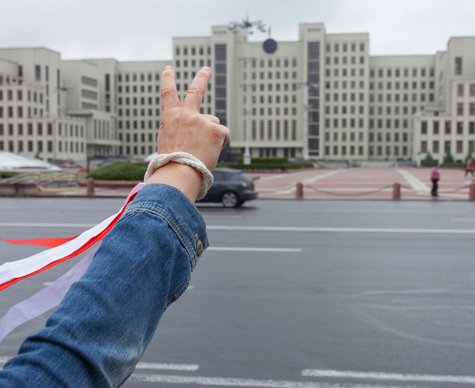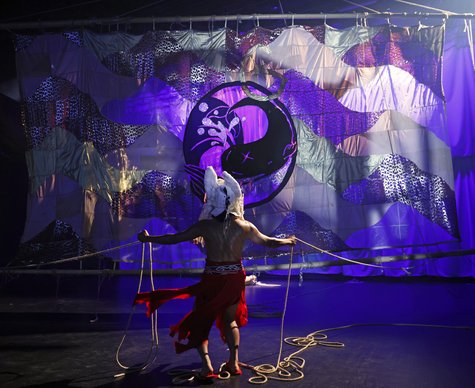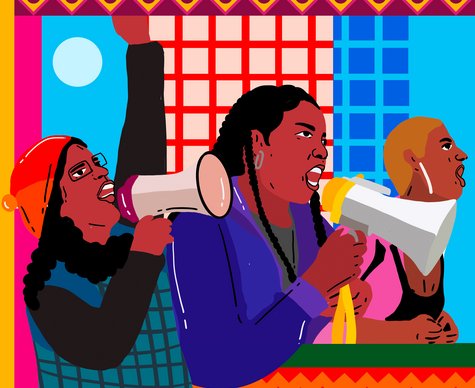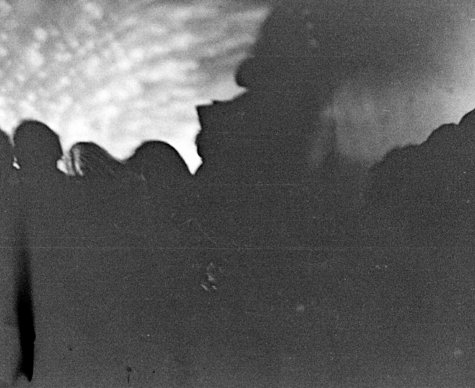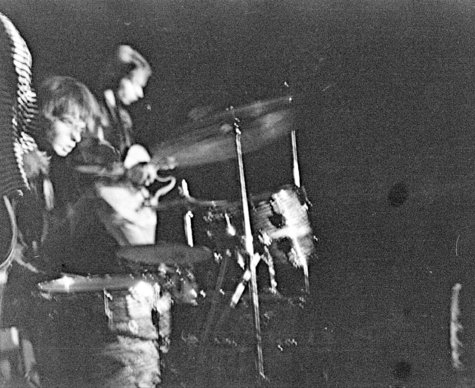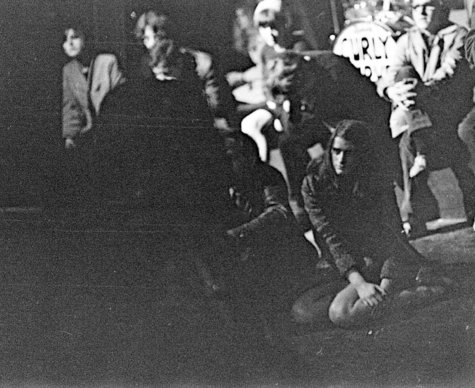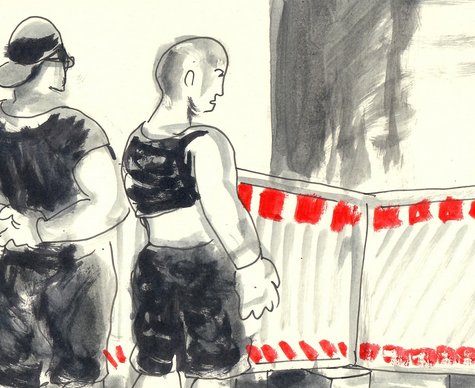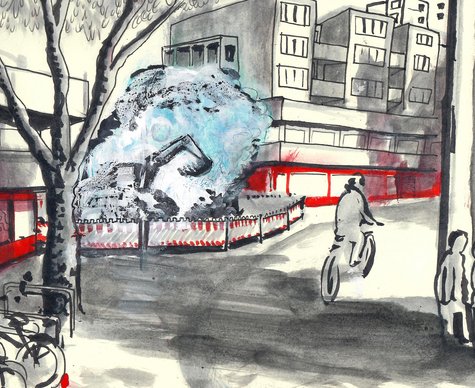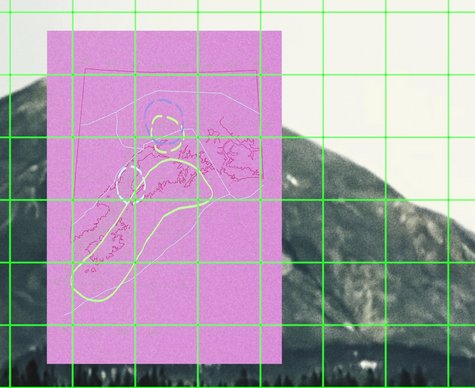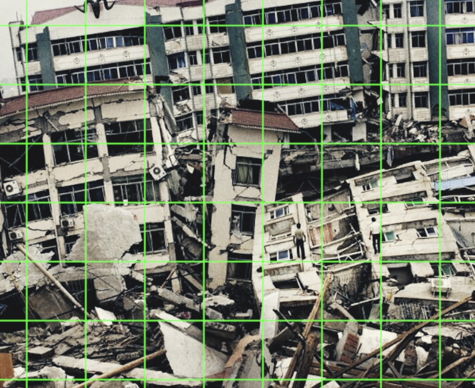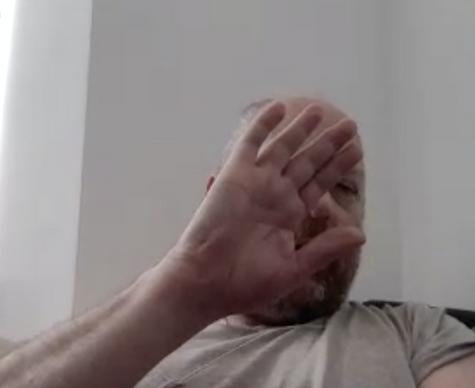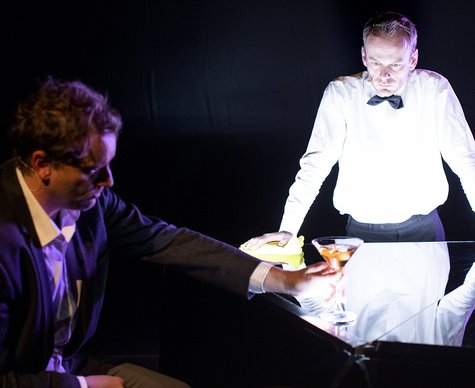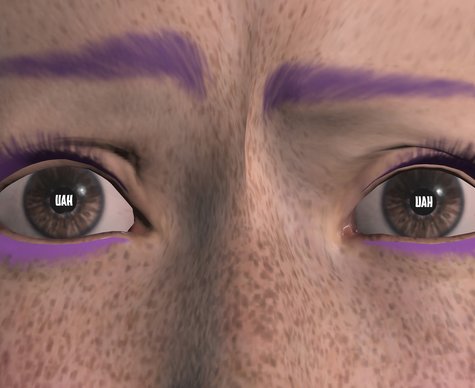Moderation: Frédéric Pouillaude
Freddie Rokem
The Scenarios of Walter Benjamin's “Kritik”: Presentations and Representations of Violence / Lecture
Part of “Violence of Inscriptions”
- Dialogue
Walter Benjamin's 1921 essay “Critique of Violence” (Zur Kritik der Gewalt) can be read as a 'philosophical performance' focusing on the conceptual aspects as well as the bodily expressions of “Gewalt” (meaning ‘violence’, but also referring to 'force' and 'power'). Beginning with a traditional Kantian “Kritik” the essay gradually develops into a self-reflexive scenario of resistance and protest, incorporating classical texts as well as more recent narratives and events within the formal, legal discourse. Following the multiple failures of the rational/traditional “Kritik,“ the second part of the essay presents what Benjamin terms 'mythical violence' – exemplified by the petrified figure of Niobe, to whom Antigone compares herself before her death – and 'divine violence' based on the biblical account of Korah and his band who are annihilated when they protest against the priestly authority of Moses.
Rokem wants to suggest that Benjamin's scenario – facing “Gewalt” – is based on Kafka's parable “Before the Law” (Vor dem Gericht), depicting the endless postponement of clarity and understanding experienced by the man from the country. In order to approach “Gewalt” it must be inscribed in a narrative where the tensions and interactions between the gestures of 'presentation' and 'representation' concealed within the Benjaminian notion of “Darstellung” gradually unfold. Like in Kafka's parable, the attempts to reach a full understanding are finally aborted.
Team
Dates
Location
HAU2
Hallesches Ufer 34, 10963 BerlinThere are two marked parking spots in front of the building. Barrier-free restroom facilities are available. Four relaxed seats are available in the first row of HAU2.

